Unlocking the Potential of Behavioral Economics in Business
- Dr. Aram Ghazaryan

- Aug 21, 2023
- 2 min read
Updated: Nov 10, 2024
The essence of economics revolves around understanding the intricacies of human decision-making. Over the years, economists have developed various normative and descriptive theories to explain individual economic choices. Yet, no single theory has emerged that comprehensively captures the human decision-making process. Despite the development of sophisticated economic models intended to interpret and predict human decisions, many real-world choices remain elusive to these theoretical constructs. This discrepancy is primarily due to the fact that human cognitive and analytical abilities are finite, resulting in decisions that are not always rational, as traditional economic theory presumes.

Recognizing the limitations of conventional economic models that assume perfectly rational decision-makers, some economists in the mid-20th century began exploring alternative theories grounded in real-world behaviors. These emerging theories took into account the complexity and inconsistency of human decisions, offering a more nuanced and realistic portrayal of economic choices. The aim was to create models that more accurately reflected actual human decision-making, rather than adhering to rigid assumptions of rationality and consistency.
This shift in perspective led to the birth of behavioral economics, a rapidly growing field that strives to bridge the gap between traditional economic models and the complex reality of human decision-making. While behavioral economics offers valuable insights and more realistic models, it has yet to gain widespread acceptance. This may be attributed to three primary factors: the inherent complexity of human decisions, the entrenched position of conventional economics in the economic landscape, and the tendency of even economists to favor the status quo due to behavioral inertia.
Our choices are not always rational, however they are predictable almost alway.
However, the potential of behavioral economics to transform business practices cannot be underestimated. By taking into account the real-world intricacies of human behavior, businesses can develop strategies that are more in tune with the actual choices and preferences of consumers. This shift toward behavioral economics not only provides a more accurate depiction of economic decision-making but also offers businesses a unique competitive advantage in an ever-evolving marketplace.
By embracing behavioral economics, we can enrich our understanding of human decision-making, leading to more effective and responsive business strategies. It's time to recognize the transformative potential of behavioral economics and its contributions to the world of business.





Comments